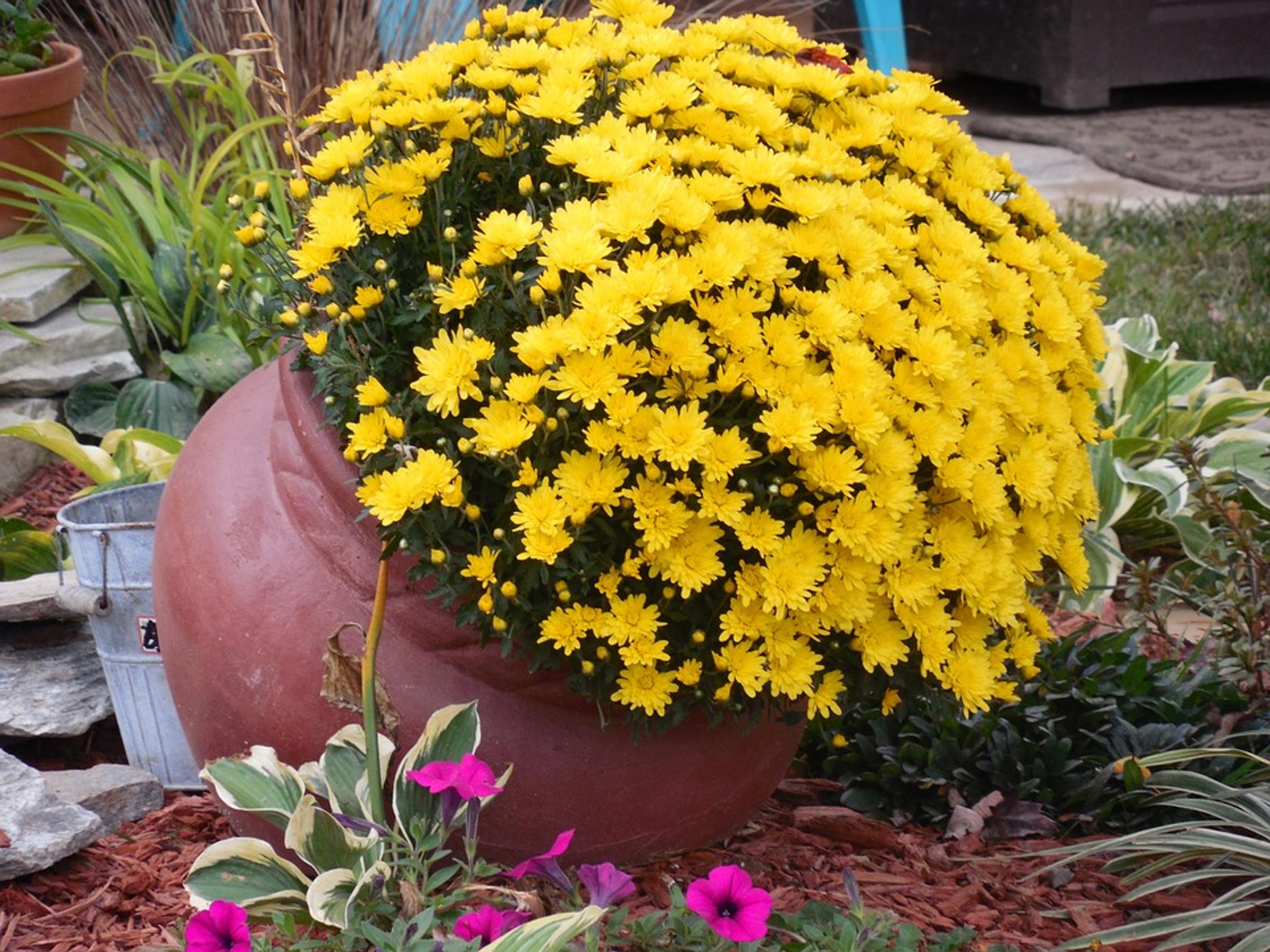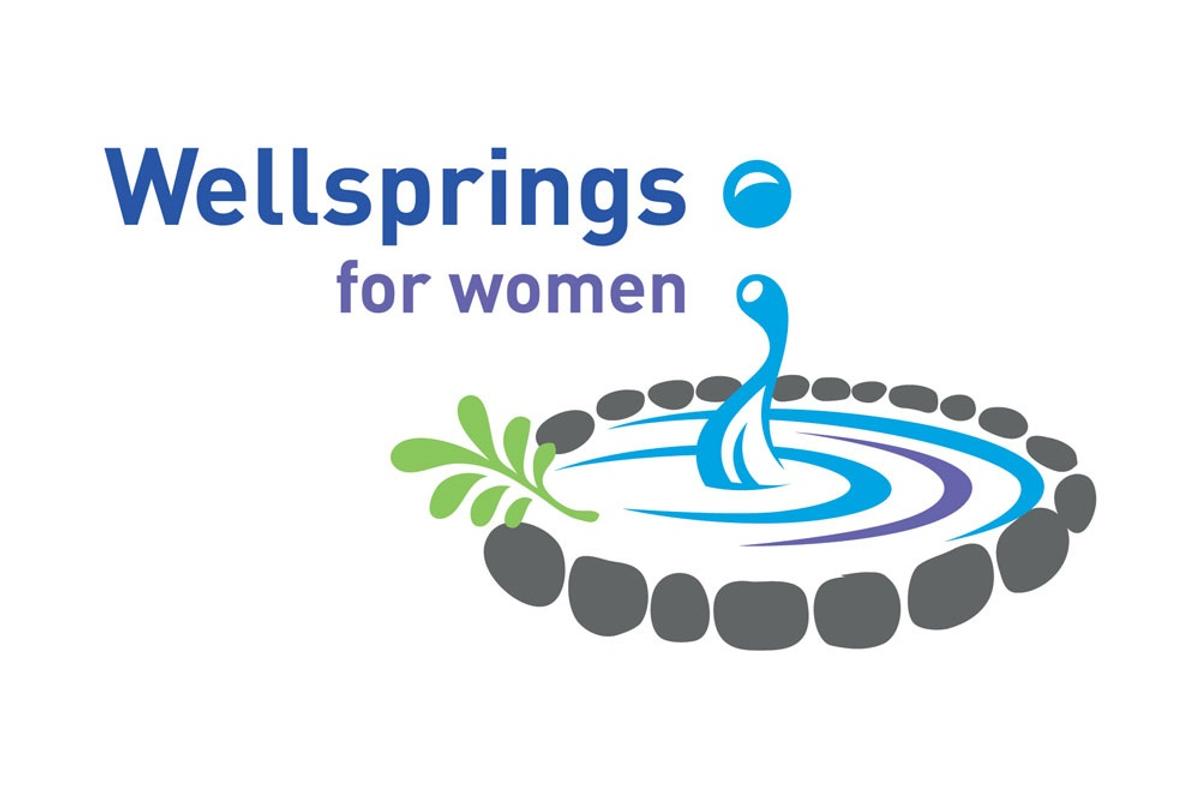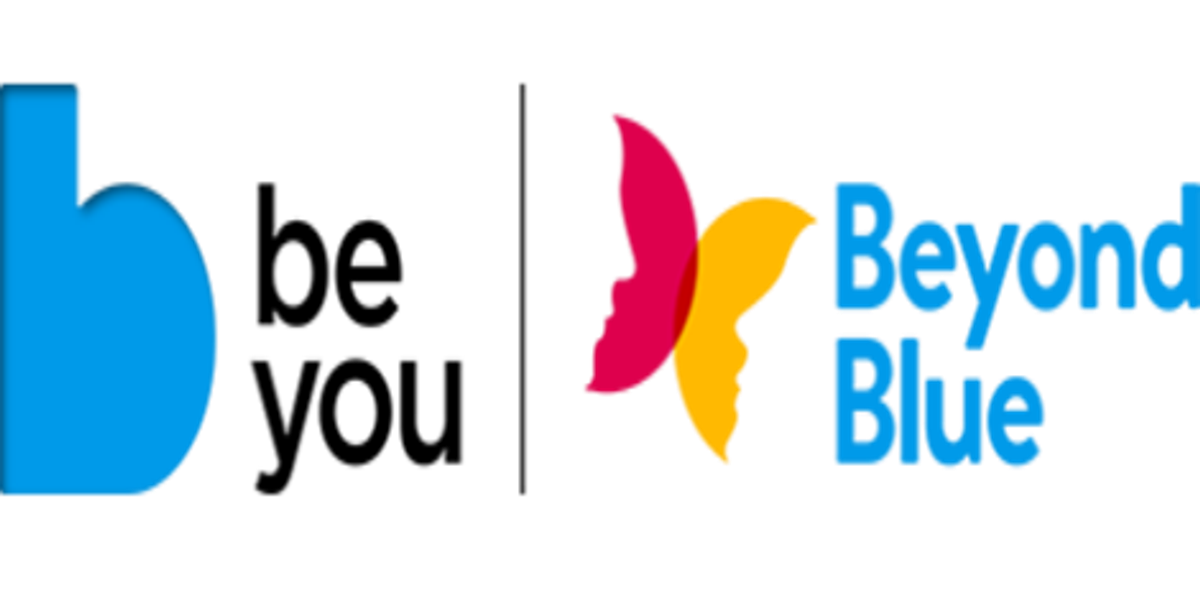
Wellbeing
mConnect with Wellsprings for Women
mConnect is a group for parents at SFS that all parents are welcomed to be a part of. The purpose of the group is to connect parents to the school and other parents.
In 2021 we are going to have a Parent Gardening group. Robyn from Wellsprings will lead us in preparing a garden bed to grow produce that you can take home and enjoy with your families. If you would like to be involved in this project next year, please let me know. A big thank you to all the parents that participated in our values quilt project this term. The squares you have decorated look fantastic. Louise our talented art teacher is working on sewing them together to make a quilt that can be displayed at school. We look forward to seeing the quilt when it is completed.
Seasons for Growth
Seasons for Growth is a program for young children which Focuses on strengthening the social and emotional wellbeing of children, young people and adults following significant change and loss in their lives. I am in the role of Companion to the children as I lead them exploring the change or loss and reflecting on it. The children receive a journal where they record their thoughts, feelings and ideas. I have recently completed a group for children in Year 5 and 6. If this is a program that you feel your child would benefit from, please email me on rlenko@sfslynbrook.catholic.ecu.au as I will start a new group in Term 1 next year. The program runs once a week on a Monday for between 6 to 8 weeks, each session running for around 40 minutes. If you would like some more information on the program, please do not hesitate to contact me.
BeYou is a resource for educator that recognises the importance of the mental health of all members of the school community, children, staff and parents.
At SFS, we are a BeYou school that prioritises the importance of mental health and wellbeing for all.
This week’s fact sheet from the BeYou website is all about transitions from early learning or kinder settings to school. We have quite a few siblings of current students starting Foundation next year, so this may be helpful.
Common feelings and concerns
Starting school is a major milestone in a child’s life.
Common feelings children and young people have during transition can include:
- excitement
- sadness
- anger
- anticipation
- fear or anxiety.
Strong relationships between children, their families and educators help child wellbeing.
Trusting and supportive relationships are the foundation of successful transitions. They provide children with a safe and secure base at home, in early learning settings and at school. When a child feels emotionally safe, they can learn and thrive at school – socially and academically.
- Strong family-school partnerships improve children’s transition experiences and support their future academic and social progress.
- It is important for schools to build positive relationships with families before school starts and to extend these during and after the transition to school.
- As well, strong links between educators in early learning services and primary schools staff support positive transitions.
- Good communication between settings can facilitate continuity of care and education, for example, through the development of teaching strategies and curriculum based on the needs and strengths of individual children.
- Good communication also allows information-sharing about a child’s learning and social needs, which the school can respond to.
The Resilience Project
At SFS we are a partnership school with the Resilience Project. This partnership will continue in 2021.The Resilience Project (TPR) was founded by a primary school teacher – Hugh van Cuylenburg. This is Hugh’s story.
“ In 2008, I was fortunate enough to spend a few months living and volunteering in the far north of India. In this desert community, there was no running water, no electricity and no beds; everyone slept on the floor of their desert hut. Despite the fact these people had very little to call their own, I was continually blown away by how happy they were. It was this experience, and subsequent post graduate studies, that have led me to some pretty simple conclusions about the things that we need to be doing here in Australia if we want to be happier. In a nutshell, I learnt in this desert village that practicing gratitude, empathy (compassion) and mindfulness leads us to a happier more fulfilling experience. Once I discovered these three principles were also evidence based, I thought it might be a good idea to turn this into a program for schools. Turns out it wasn’t just schools that wanted to hear this message! ” – Hugh van Cuylenburg.
TRP deliver emotionally engaging programs to schools –providing practical, evidence-based, positive mental health strategies to build resilience and happiness. Through presentations, school curriculum, teacher diaries and our app, we seek to help all Australians become mentally healthy. TRP have delivered programs to over 1000 government, independent and private schools nationally and are regarded as one of the most engaging positive mental health programs in the country. The schools program has been designed by teachers for teachers, and has been evaluated by the University of Melbourne.
A quick overview of the current state of mental health in young people in Australia: • 1 in 4 adolescents will experience mental health problems this year.
• 1 in 7 primary school students will experience mental health problems this year
• Mental Health Disorders carry the largest burden of disease for 15 – 24 year olds
• Suicide is the most common cause of death for 15 – 24 year olds
• 1 in 5 adults will experience mental health problems this year
• 65% of adolescents will not seek help
TRP supports young people to form evidence-based habits now that will increase their capacity to deal with challenges, changes and stressors in the future. The lessons in The Resilience Project curriculum are focussed on four evidence based positive mental health strategies: In 21 days of practising gratitude, you rewire your brain to start scanning the world for the positives. You become three times more likely to notice a positive. Paying attention to the things that we have right now, and not worrying about what we don’t have. We practise this by noticing the positives that exist around us.
I wish all the families at SFS a very safe, happy and holy Christmas and I hope you enjoy some much needed family time after the challenges of 2020. I look forward to seeing you all in 2021.
Rachel Lenko
Student Wellbeing Leader


